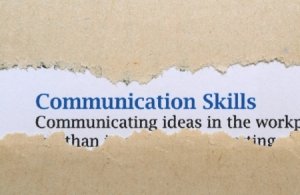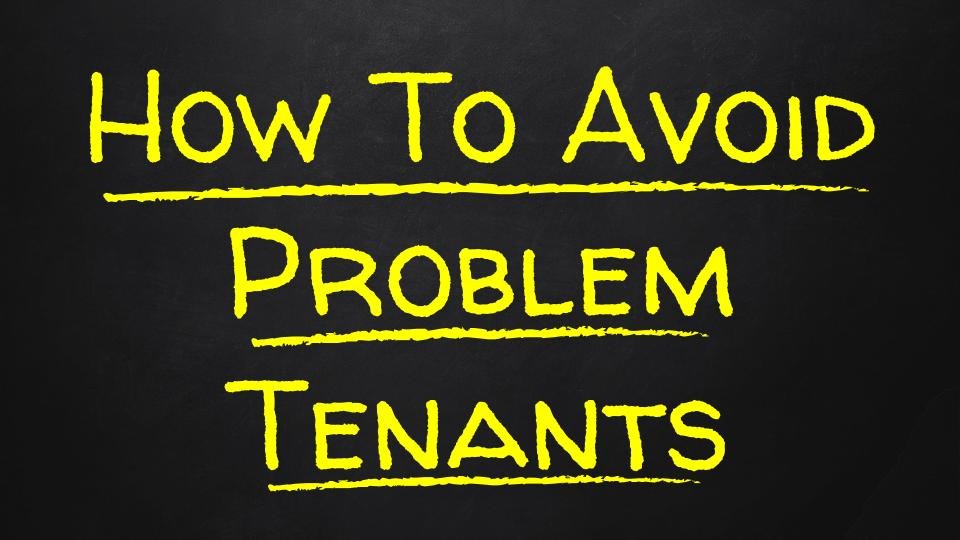Tenants drive landlords crazy. Frustration builds over rent arrears, property damage, noise, lease violations, complaints, and evictions. Problem tenants make some landlords want to sell their rental unit, but other landlords successfully navigate tenant disputes. Following these steps will go a long way to making you a happy (and profitable) landlord.
Screen Tenants.
Screening is the first line of defense against bad tenants. Effective tenant screening includes in-person interviews, background checks, credit check, calling references, and income verification. Crafty landlords can drive by a prospective tenant’s current residence or contact past landlords. Don’t leave it to chance; only rent to thoroughly vetted tenants.
We Buy Houses (With Tenants!)
Call Us (954) 676-1846 Send Text or Fill Out This Form For Your FAIR Offer.
Communication is Key!
Landlords need excellent communication skills. You risk creating your own tenant nightmare by failing to communicate appropriately. Tenants grow angry if landlords are unavailable and don’t respond to phone calls and e-mails. Angry tenants are more likely to damage property or withhold rent.

Courteous, respectful, and honest dialogue cultivates a positive landlord-tenant relationship. Each tenant is unique: listen to your tenant to understand how to best deal with them. If you understand a tenant’s problem, you might find creative solutions. For example, if an otherwise great tenant is struggling to afford rent you could allow a roommate or facilitate a move to a smaller unit. Good tenants with an open line of communication can notify you of small problems before they turn into big headaches, saving you thousands in repairs.
Be a Responsible Landlord.
Landlords have a legal duty to provide a safe home satisfying housing code requirements, as well as to make reasonable repairs. Tenants also have the right of peaceful possession. Tenant “problems” are guaranteed if you refuse to make necessary repairs, control vermin/bugs, follow the written lease, or timely address legitimate complaints. Tenants appreciate proactive landlords, and treat their property better. Periodically check-in with tenants to ensure everything is OK.

Set Boundaries at the Start.
Landlords should inform tenants about rules and expectations from the very beginning. Tenants won’t comply with small text buried in a written lease. If you advise the tenant about rules upfront, they can’t claim down the road they didn’t know. To properly notify, in addition to a written lease, create clear and specific documentation (such as “Dos and Donts” lists/guidelines), have the tenant sign the document, and ask if they understand and answer all questions. Your documentation should address: quiet hours, excess noise, landlord contact info and availability, emergency procedures, trash/recycling, apartment modifications, maintenance, inspections, subletting, rent arrears, rent increases, illegal activity, disputes among tenants, lease renewal, smoking, pets, and security deposits.
Once you set boundaries, be firm with enforcement. Act immediately if there is delay in payment or other violation. You are “training” your tenant. If they do something wrong, there must be a negative response such as a violation notice, fee, or reprimand – otherwise tenants naturally assume their behavior was fine. On the flip side, helpful tenants that save you time and money should be rewarded with rent credit if you want that help to continue.
Keep Detailed Records.
Landlords need to maintain detailed records of their tenant interactions. Handshakes and verbal agreements are insufficient. Written documentation serves as evidence (and to refresh your recollection) in tenant disputes. Give tenants written notification of late rent (even if you are not yet filing for eviction). Journal dates and circumstances of lease violations and tenant misconduct. Photograph the apartment as proof of existing condition before tenants move in (and have them sign off on the photos). Saves copies of e-mails, texts, and written correspondence.

Tenant Removal.
The only solution may be for the tenant to vacate. Before filing costly litigation, ask the tenant to leave. Tenants may willingly leave if you explain eviction will damage their credit, rental history, and they might incur legal fees and be ordered to pay back rent in court. You can try “Cash For Keys” – offering the tenant money upon vacating the apartment to assist in relocation (this also encourages tenants to keep the property in good condition before vacating). The final method is to file for eviction – we outlined the South Florida eviction process here.
We Buy Houses (With Tenants!)
Call Us (954) 676-1846 Send Text or Fill Out This Form For Your FAIR Offer.


Lucas, this is some really good information about tenant issues. I like that you talked about screening tenants. That does seem like a good way to find a person that will pay. Also, if you do know the person is good it might be a good idea to give them the benefit of the doubt if they ever start having issues.
Thank you for the kind of works, Emily!